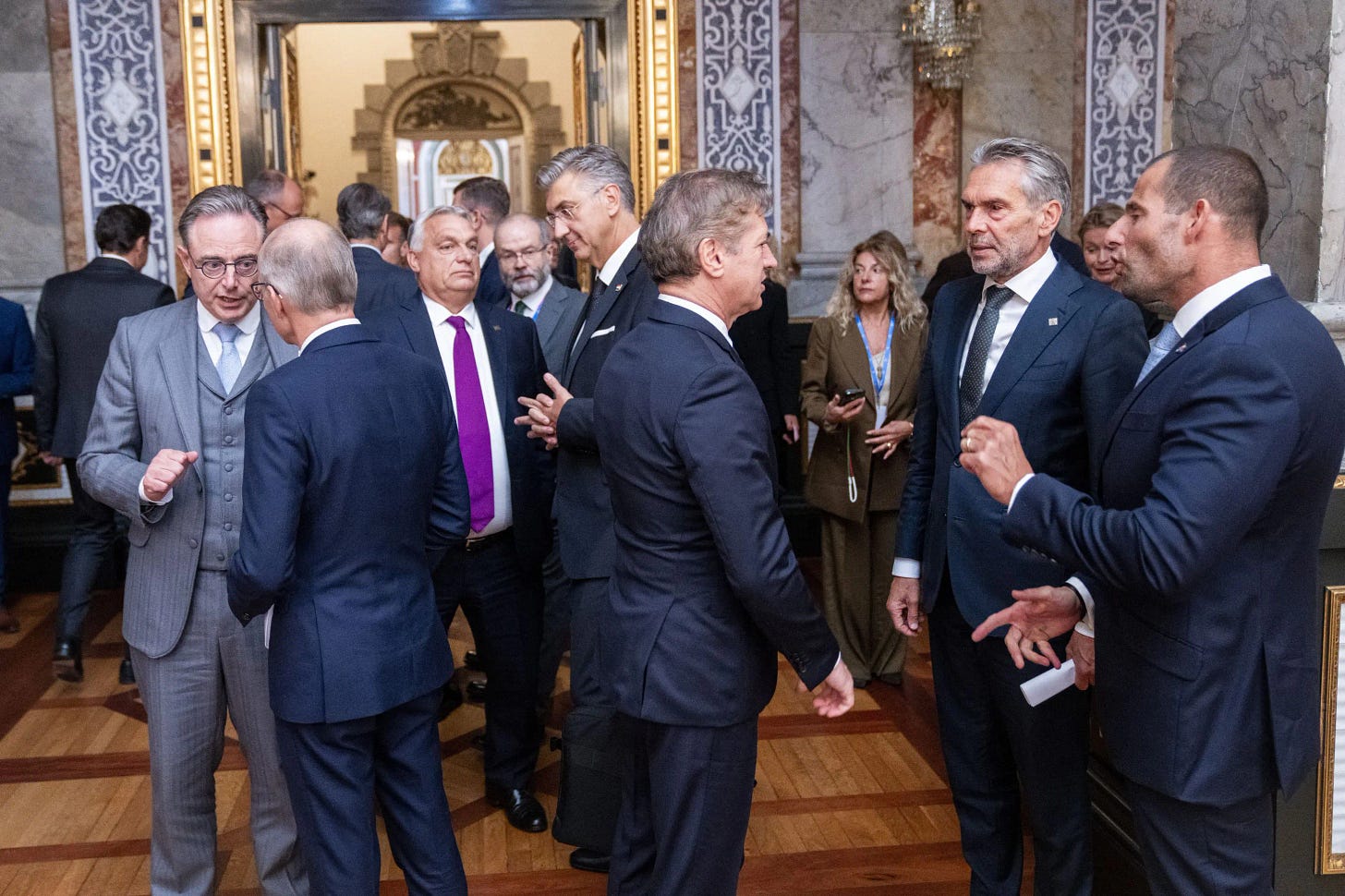Brussels Pushes EU Members to Seize Russian Assets Citing Fiscal Collapse Fears
European Commission pressures member states to weaponize frozen Russian funds as economic strains mount — Belgium resists amid legal and reputational risks
BRUSSELS, PUREWILAYAH.COM — The European Commission has warned that European Union economies will face surging public deficits and debt unless they agree to use frozen Russian assets as collateral to finance Ukraine’s war spending, according to a document obtained by the Financial Times.
The internal paper, circulated to EU capitals, followed last month’s failure to reach consensus on a so-called “reparations loan” estimated at €140 billion ($160 billion).
Without tapping into the frozen reserves of Russia’s central bank, Brussels cautioned that the bloc would have to resort to joint borrowing or direct grants — options that would directly inflate national budgets and push public debt even higher.
The commission’s assessment did not appear to consider the alternative of halting financial support to Kiev altogether.
Costly Burden for EU Taxpayers
The proposed €140-billion loan would entail up to €5.6 billion in annual interest payments alone. Such borrowing, the document warned, could further raise the EU’s collective borrowing costs and undermine other financial instruments.
Kiev’s dependence on Western aid has reached unprecedented levels. Its 2026 draft budget foresees roughly $114 billion in spending against only $68 billion in revenue — almost all devoted to military expenditure.
Virtually all non-military functions of the Ukrainian government, including salaries, pensions, health, and education, would depend entirely on foreign funding.
Belgium Rejects Pressure from Brussels
Belgium has stood firm against the European Commission’s push to use Russian assets as collateral, citing severe legal, financial, and reputational risks.
Around $300 billion in Russian central bank assets have been frozen globally since 2022, with approximately $200 billion held at Belgium’s Euroclear clearinghouse.
These funds, however, have not been confiscated and remain legally Russian property — meaning they could be reclaimed if EU sanctions are not renewed indefinitely.
The EU has already stretched legal definitions by diverting the interest accrued on these frozen assets — labeled as “windfall profits” — to arm Kiev, a move many experts regard as a breach of international financial norms.
The new Brussels plan assumes that Russia would eventually “repay” the loan as part of a future peace settlement — a scenario Belgian Prime Minister Bart De Wever has called highly improbable. EU officials reportedly failed again on Friday to convince Belgium to back the controversial seizure scheme.
Moscow Condemns Western “Theft”
Russia has repeatedly denounced any attempt to use or confiscate its assets as outright theft. Moscow has warned that it could respond symmetrically by seizing an estimated €200 billion in Western state and corporate holdings inside Russia.
The dispute underscores deepening divisions within the EU — between states aligned with Washington’s proxy war in Ukraine and those increasingly wary of sacrificing their economic stability and legal integrity for an unwinnable confrontation. (PW)


